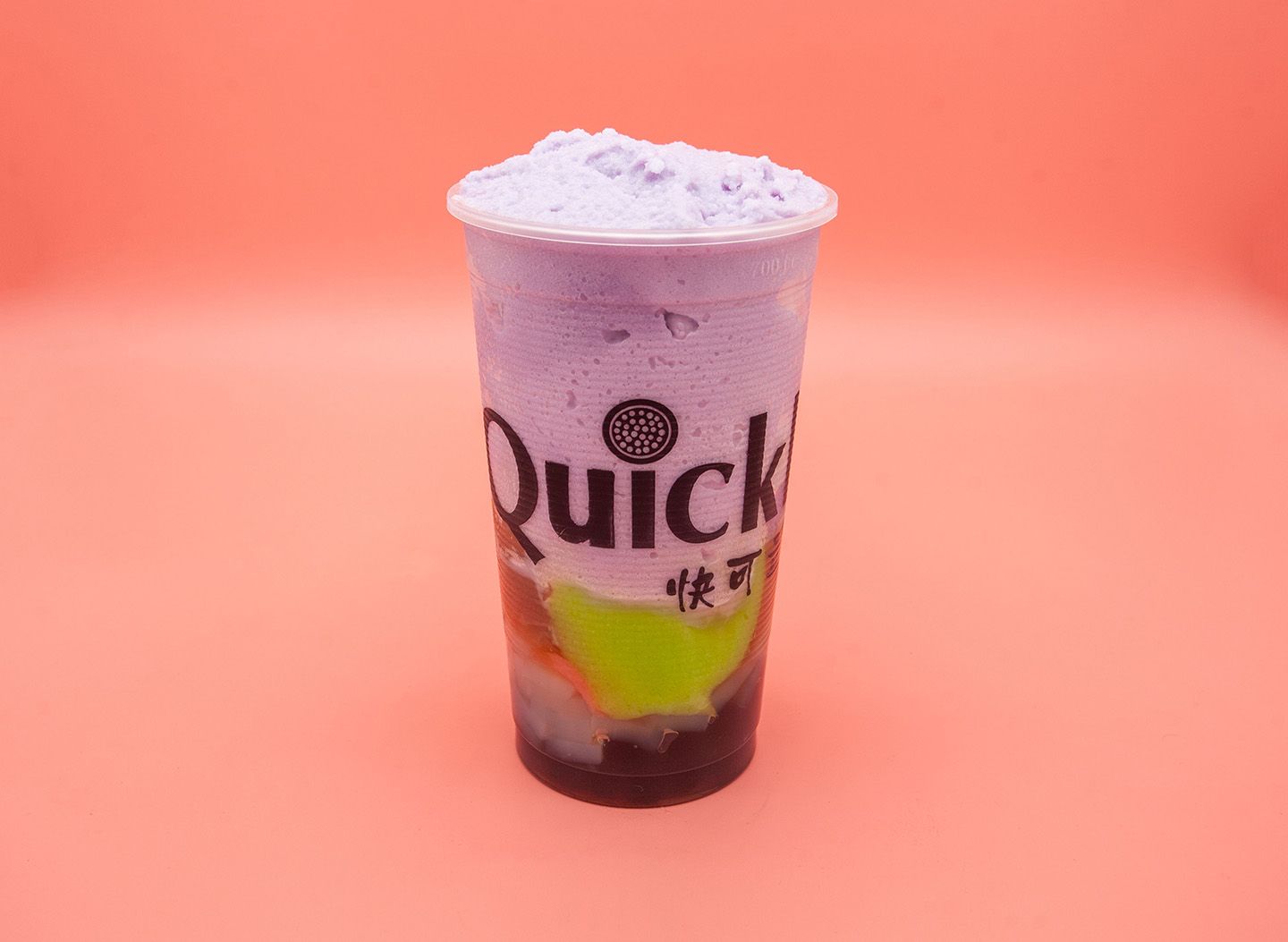
Ever wondered how what you munch on affects your health and energy levels? Well, you're in for a treat! Nutrition isn't just about avoiding junk food; it's a vibrant world full of colors, flavors, and benefits that can transform your day-to-day life. From the power-packed punch of proteins to the vitality vested in vitamins, nutrition is the unsung hero behind our zest and zeal. Nutrition plays a pivotal role in our well-being, influencing everything from our mood to our metabolism. So, why not dive into some quick, fascinating facts about nutrition that might just change the way you look at your next meal? Ready to give your brain a little food for thought? Let's get cracking!
Key Takeaways:
- Nutrition is about eating the right foods to help our bodies grow, stay healthy, and have energy. It's like giving our bodies the right fuel to run smoothly.
- Water, vitamins, protein, and more are like the superheroes in our bodies, helping us stay strong, focused, and healthy. Eating a variety of foods and drinking water is the key to feeling great!
What Is Nutrition?
Nutrition involves consuming food and drinks that provide the necessary nutrients for growth, energy, and maintaining health. It's a balance of proteins, carbohydrates, fats, vitamins, minerals, and water that our bodies need to function properly.
Why Is Nutrition Important?
Good nutrition is vital for a strong immune system, healthy development, and preventing chronic diseases such as obesity, heart disease, and diabetes. Eating a balanced diet helps individuals maintain a healthy weight, feel more energized, and reduce the risk of certain illnesses.
Quick Nutrition Facts
-
Water is the most essential nutrient our bodies need. It's crucial for maintaining hydration, facilitating digestion, and transporting nutrients throughout the body.
-
Vitamins and minerals are micronutrients required in small amounts but are critical for body functions, including bone health, energy production, and immune defense.
-
Protein is the building block of life, necessary for growth, repair, and maintenance of all body tissues. It can be found in both animal and plant sources.
-
Carbohydrates are the body's main energy source. They're found in fruits, vegetables, grains, and sugars. Not all carbs are created equal; whole grains are healthier than processed ones.
-
Fats are essential for brain health, energy, and absorbing certain vitamins. However, choosing healthy fats, like those from nuts, seeds, and fish, over saturated fats is important.
-
Fiber aids in digestion and can help prevent heart disease and diabetes. Foods high in fiber include vegetables, fruits, legumes, and whole grains.
-
Eating breakfast can improve memory and concentration levels. It's also linked to lower levels of "bad" LDL cholesterol.
-
Sugar should be consumed in moderation. Excessive sugar intake is linked to an increased risk of obesity, type 2 diabetes, and heart disease.
-
Calcium is vital for building and maintaining strong bones. Dairy products, leafy green vegetables, and fortified foods are excellent calcium sources.
-
Iron is essential for producing hemoglobin, which carries oxygen in the blood. Red meat, beans, and fortified cereals are good iron sources.
-
Eating a variety of foods ensures that you get all the nutrients your body needs. No single food can provide everything in the amounts required.
-
Processed foods often contain unhealthy levels of added sugar, sodium, and fat. Eating whole foods is healthier and more nutritious.
-
Hydration is key to good nutrition. Drinking enough water each day is vital for health and can help manage weight by reducing hunger and boosting metabolism.
A Quick Bite on Nutrition Nuggets
We've chewed through a hefty serving of nutrition facts, haven't we? From understanding the importance of a balanced diet to debunking common myths, it's clear that what we put on our plates matters more than we might think. Remember, small changes can lead to big benefits. Swapping out that bag of chips for a fruit, or choosing water over soda, doesn't just impact your waistline—it's about fueling your body with what it needs to thrive. So, next time you're about to grab a snack or plan a meal, think about the power of nutrition. It's not just about eating less or more; it's about eating smart. Here's to making every bite count for a healthier, happier you. Cheers to that!
Frequently Asked Questions
Was this page helpful?
Our commitment to delivering trustworthy and engaging content is at the heart of what we do. Each fact on our site is contributed by real users like you, bringing a wealth of diverse insights and information. To ensure the highest standards of accuracy and reliability, our dedicated editors meticulously review each submission. This process guarantees that the facts we share are not only fascinating but also credible. Trust in our commitment to quality and authenticity as you explore and learn with us.


